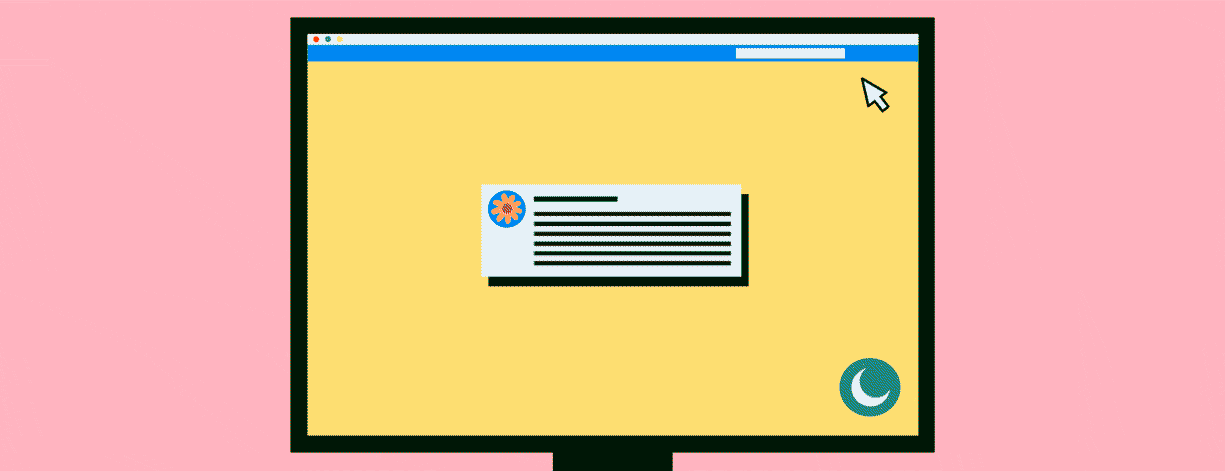Social Media Self-Care
I'd be surprised to hear that most people aren't feeling like a combustible blend of exhausted, wary, and squashed flat under the weight of these wild times. Add a twist of desperately seeking “normal” weighed down by dreadful sinking feeling.
If aliens came to your town how would you explain the last few years to them? I’m not sure which events to emphasize, but the polarizing effect of how we use social media would be front and center in my report.
I’ve met lots of wonderful people through social media, and it helps me maintain these relationships around the globe, but we all know there’s more to the story. Social media has opened up access to people, places, and ideas on an unprecedented scale, at lightning fast pace, but without the necessary coping mechanisms.
The situation is especially difficult for communities like ours because we rely on these platforms to facilitate our work and professional relationships.
You owe nothing more than decency
You don't owe your time or attention. This policy covers everybody from randos on the internet to your fanciful opinionated uncle. Yes, I mean “that” one. He’s got more conspiracy theories than the periodic table has elements.
Don’t get it twisted
Not everybody deserves a place in your life. Some people feed on chaos and drama. Others don’t know how to have a conversation. None of this is your problem to solve.
The main thing is to protect your time, energy, and values with the choices you make.
Here are 3 questions about your relationship with social media and the content, people, and experiences it brings into your life.
Is a boundary being violated?
Boundaries are the barriers we create and enforce to keep ourselves comfortable and safe. Boundaries are famous in communities exploring transformation. The goal is to keep enough energy and resources for ourselves while still participating in relationships and our community.
Example: Going no contact with people who are abusive or unreliable.
What is the value of this interaction?
Social media conflicts have seamlessly insinuated themselves in our lives so well that we often skip asking ourselves if we want to participate. Perhaps the account’s owner is fixated on sharing inflammatory content or maybe you don’t know who is behind it.
Example: A contact posts a new conspiracy theory every day, many in conflict with each other. Would attempting to disprove them help the situation?
Is this how you want to spend your time?
Social media and TV have a lot in common. Both can suck us into spending countless hours reacting, zoning out, and avoiding things we need to be doing.
Example: Spending hours doom scrolling takes up time you could spend with friends, walking your dog, reading, or advocating for causes so prominent on the timeline.
Homework
- Explore the screentime features on your devices, and set time limits.
- Limit news consumption to what’s helpful for you.
- Refrain from arguments and contentious interactions.
- Remember that we don’t have to comment or react just because the post is there.

Join the conversation